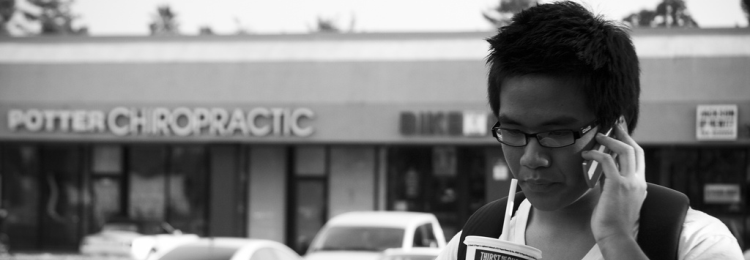


How Collaboration Has Made the Human Brain Bigger
In this article “Collaboration Makes Our Brains Bigger,” Gaurav Bhalla references a TED talk by Dan Gilbert to mention how the human brain has grown significantly in size over the last 200,000 years due to its power of imagination. Moreover, the development of the kind of imagination was mentioned as well, i.e. that We moved from imagining, “How big is the universe?” to imagining, “How do we work together to build a spaceship to get to the moon?” So, collaboration seems to be one of the main reasons we developed imagination. In other words, we became Homo Sapiens because we had a better brain that could imagine how to collaborate, and because we could imagine how to collaborate we became better Homo Sapiens. And the more we learn to collaborate — and that includes the list of things like co-creation, value creation, open innovation, collaborative innovation, collective innovation, and continuous innovation — the more our brains will grow. Image: "Education" by Sean...
Research into a Healthier Way to Cope with Social Rejection: ‘Tend and Befriend’ Vs. ‘Fight or Flight’
Mark Ellenbogen and Christopher Cardoso, researchers in Concordia’s Centre for Research in Human Development are taking a closer look at oxytocin, a hormone traditionally studied for its role in childbirth and breastfeeding, and more recently for its effect on social behaviour. Their latest study, published in the peer-reviewed journal Psychoneuroendocrinology, shows that oxytocin can increase a person’s trust in others following social rejection. Explains Ellenbogen, “that means that instead of the traditional ‘fight or flight’ response to social conflict where people get revved up to respond to a challenge or run away from it, oxytocin may promote the ‘tend and befriend’ response where people reach out to others for support after a stressful event. That can, in turn, strengthen social bonds and may be a healthier way to cope.” In a double-blind experiment, 100 students were administered either oxytocin or a placebo via a nasal spray, then subjected to social rejection. In a conversation that was staged to simulate real life, researchers posing as students disagreed with, interrupted and ignored the unsuspecting participants. Using mood and personality questionnaires, the data showed that participants who were particularly distressed after being snubbed by the researchers reported greater trust in other people if they sniffed oxytocin prior to the event, but not if they sniffed the placebo. In contrast, oxytocin had no effect on trust in those who were not emotionally affected by social rejection. –Taken from the article “Feeling stressed? Oxytocin could help you reach out to others for support” by Concordia University, in Science Daily. Image: "Hello, Is This Shaniqua?" by...
